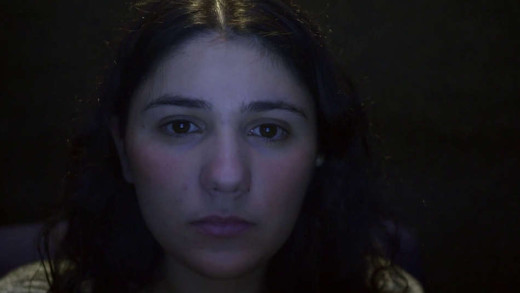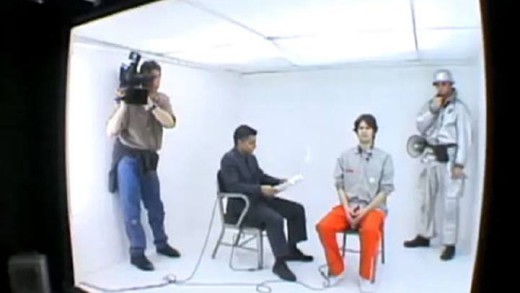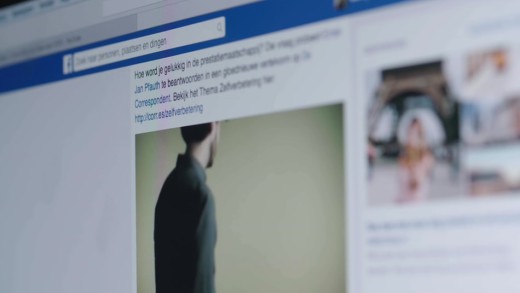The Viewing Booth recounts a unique encounter between a filmmaker and a viewer--exploring the way meaning is attributed to images in today's culture of the screen. In a lab-like location, Maia Levy, a young Jewish American woman, watches videos portraying life in the occupied West Bank, while verbalising her thoughts and feelings in real time. Maia is an enthusiastic supporter of Israel, and the images in the videos, depicting Palestinian life under Israeli military rule, contradict some of her most deep-seated beliefs. Empathy, anger, embarrassment, innate biases, and healthy curiosity all play out before our eyes, as we watch her watch the images created by the occupation. As Maia navigates and negotiates the images, which threaten her worldview, she also reflects on the way she sees them. Her candid and immediate reactions form a one-of-a-kind cinematic testimony to the psychology of the viewer, most especially in the digital era.
This film explores what affect the web is having on our society, as seen through the eyes of "the greatest Internet pioneer you've never heard of." Josh Harris--often called the "Andy Warhol of the Web"--founded a website during the renowned dot-com boom of the 1990s which was the world's first Internet television network. This concept was way ahead of its time. Using this platform, before broadband, a vision of that future was exemplified at an underground bunker in New York City where over 100 people lived together completely on camera, non-stop and unedited for 30 days over the millennium. These happenings, documented through We Live In Public, serve as a powerful analogy for the Internet as it's now known today and the price we pay for living in its 'public.' It shows the costs of willingly trading privacy and sanity for a constant voracious audience, attention, and the pursuit of celebrity, in an online world of pervasive surveillance.
Every day, billions of people are unwittingly taking part in what is the largest most comprehensive psychological experiment ever conducted. The old marketing and advertising world using billboards, advertisements and TV commercials to persuade us, has been comprehensively augmented by an entirely new field of "user experience architects" and "online persuasion agents." These forces are given tremendous power from the proliferation of digital technologies. So how do these powerful forces ensure that we fill our online shopping carts to the brim, or stay on websites as long as possible? Or vote for a particular candidate? What Makes You Click examines how these prolific entities collectively and individually use, shape, and manipulate our experiences via an online world, not just when it comes to buying things, but also with regards to our free time and political perspectives. The manipulation has become so good that these powerful controllers, former Google employees among them, are themselves arguing for the introduction of an ethical code. What does it mean when the grand conductors of these huge experiments themselves are asking for their power, influence and possibilities to be restricted?


